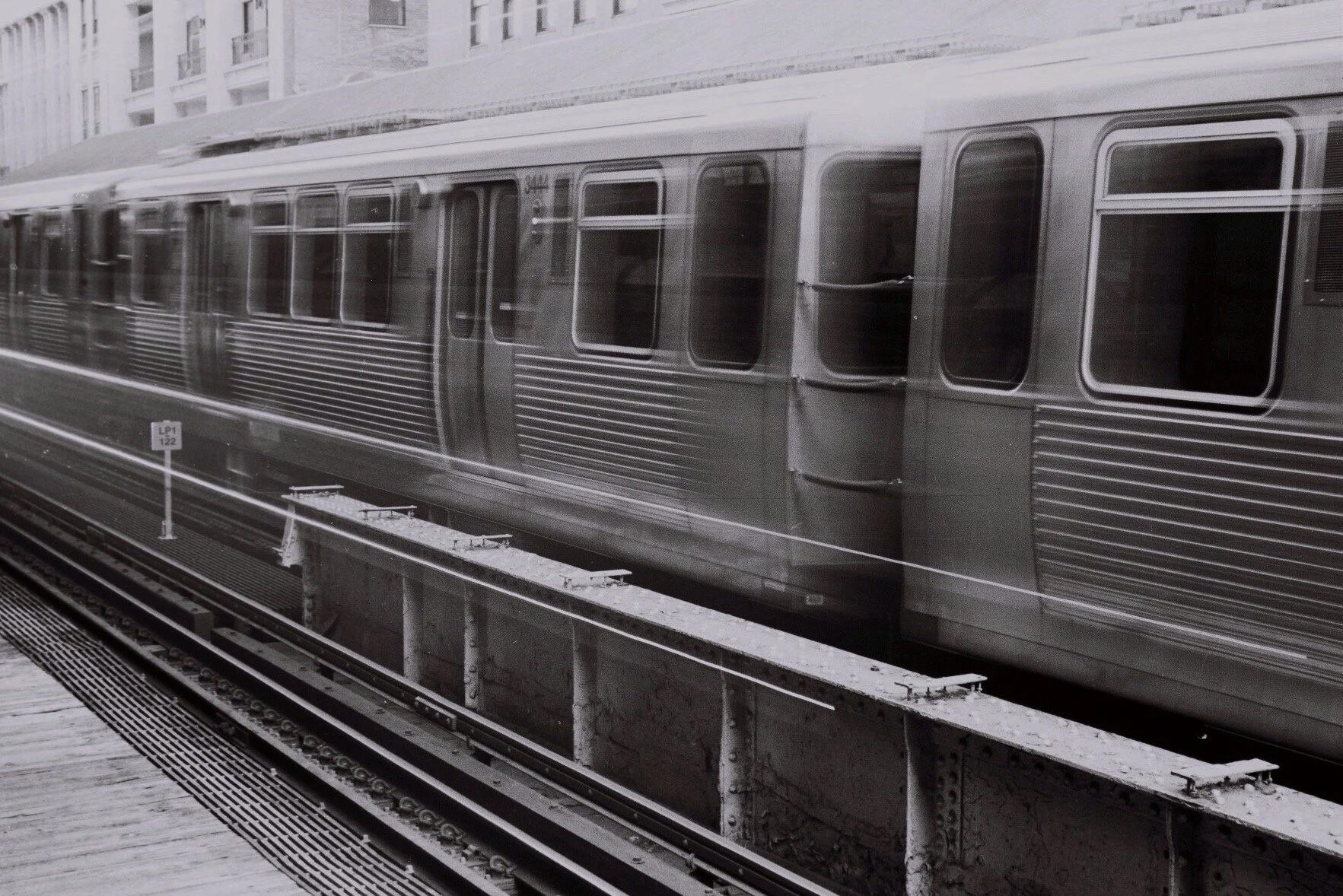Vlog #008: Executive Order, Housing and Mental Illness
A new executive order, titled the Ending Crime and Disorder on America’s Streets Act, has been signed into law, sparking alarm among advocates for housing and mental health. The order broadens civil commitment policies, expands institutional treatment for individuals experiencing homelessness with mental illness or substance use disorders, and restricts funding for harm reduction and Housing First initiatives. It further instructs the attorney general to pursue reversals of judicial rulings that currently limit involuntary treatment. Federal funding will now be redirected toward jurisdictions implementing forced hospitalization and outpatient treatment systems.
The policy shift effectively criminalizes sleeping outside and lays the groundwork for equating homelessness and mental illness with criminality. Rather than addressing systemic causes, it incentivizes punishment over care, moving resources away from community-based solutions and toward punitive programs. Forced institutionalization, critics note, has long been documented as counterproductive, worsening conditions for those subjected to it while also increasing stigma that discourages individuals from seeking help.
Research over several decades has shown that Housing First programs and community-based care are far more effective at addressing homelessness and supporting individuals with mental illness or addiction. These approaches emphasize transitional and supportive housing—safe, subsidized spaces where individuals can stabilize their lives and move toward independence with the help of accessible healthcare. By contrast, the new order undermines these evidence-based solutions while promoting expansive data collection on unhoused people and those with mental health disabilities, raising further civil liberties concerns.
The timing of the order also intersects with other structural challenges. In Illinois, for example, the legislature failed to pass public transit funding for the Chicagoland area this year, raising the likelihood of severe service cuts, including elimination of major bus routes and entire rail lines. Advocates argue that such cuts make it even harder for people to access jobs, healthcare, and daily essentials—conditions that can push otherwise capable individuals into homelessness. When compounded with a lack of affordable housing and restricted access to care, punitive measures only deepen cycles of instability.
Beyond immediate impacts, the executive action raises fears about broader consequences for civil rights. By expanding the criminalization of mental illness, critics warn, the policy could become a tool for silencing dissent. In this scenario, political opposition or criticism of government actions could be reframed as evidence of mental instability—creating a dangerous precedent for institutionalization or incarceration.
Advocates insist that better, cheaper, and more humane alternatives are well-known. Community-based mental healthcare, harm reduction services, and Housing First programs have consistently proven effective. Instead of redirecting funds toward punitive systems, they argue, policymakers should invest in affordable housing, public transportation, and supportive care—investments that improve quality of life and reduce long-term costs.
The message is clear: this is a pivotal moment for public response. The call to action emphasizes voting for leaders who champion healthcare and supportive services, supporting local nonprofits that provide housing and care, and resisting policies that criminalize survival in a broken system. As one advocate put it, the bill punishes people for living in conditions created by systemic failure—and that failure belongs to policymakers, not to the vulnerable communities now at greater risk.




















